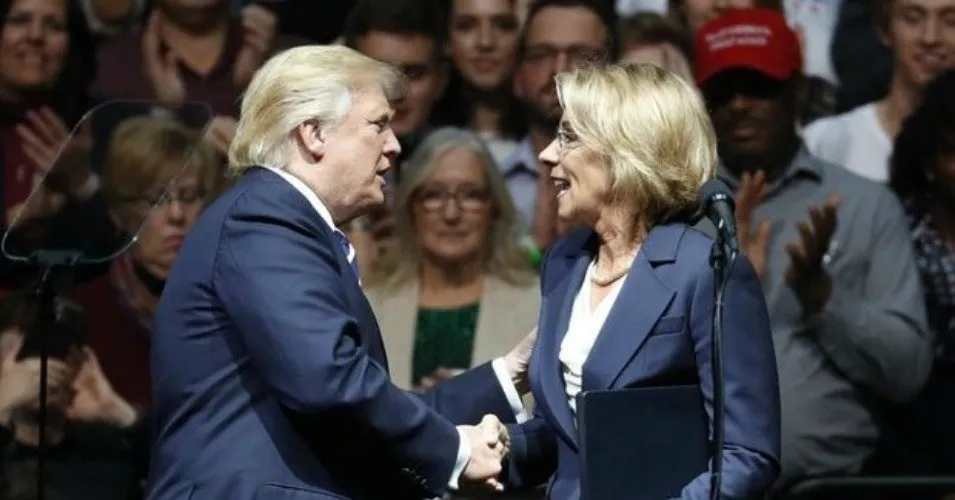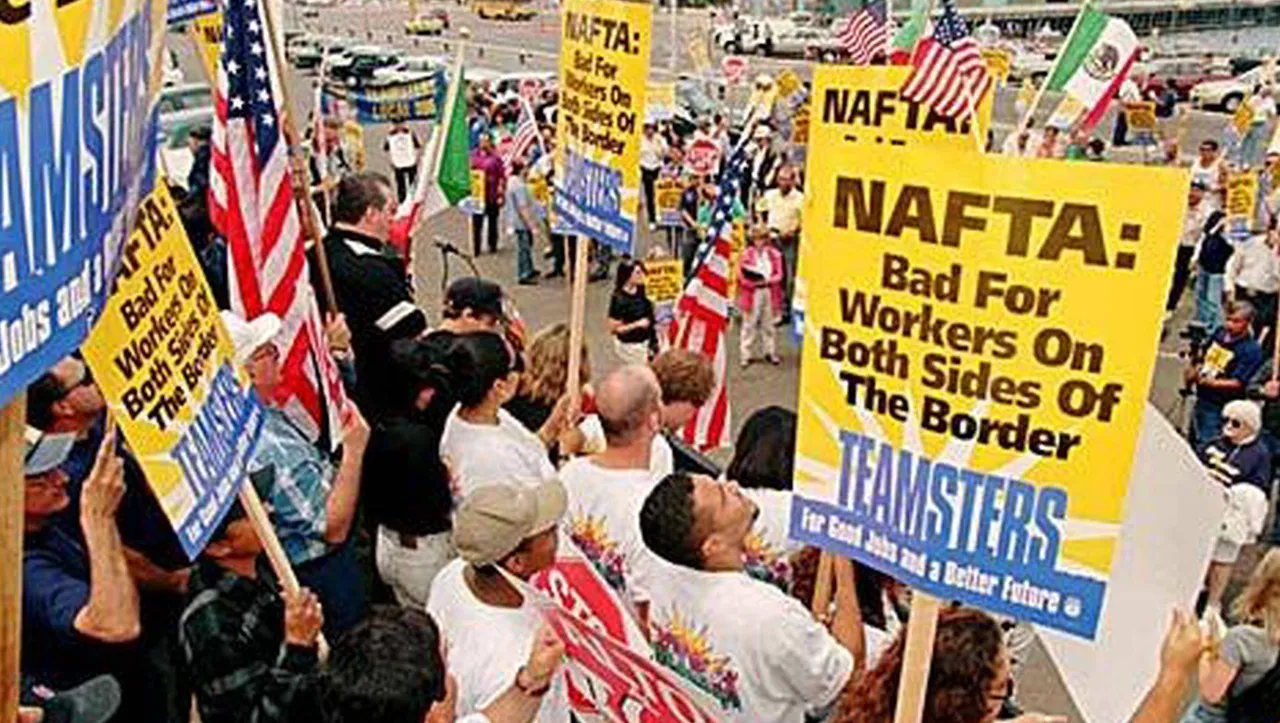
With the official Senate confirmation of Trump’s controversial Education Secretary, Betsy DeVos, American schools have taken center-stage next to global trade. Democrats decry her stances as pro-privatization, anti-equality, and simply ignorant, however, economists generally disagree. As the media focuses on the failing school systems of Detroit (where I currently reside), they fail to see the success stories of Charter schools in cities across America. New Orleans, for example, has seen incredible results, as we can see from this excerpt from Politico.
"The percentage of students in the 3rd through 8th grades passing state exams has gone from about 33 percent the year before the storm to about 61 percent last year. The average ACT score has climbed about a point and a half, despite the fact that all students are now required to take the exam, a shift that might have otherwise depressed results. Efforts to control for potential factors aside from the charters themselves have tended to confirm that the schools are making an impact. Stanford University’s Center for Research on Education Reforms, which measures progress by matching students with those from comparable public schools, has found repeatedly that students in New Orleans charters are learning substantially more than they otherwise would have. Tulane University’s Education Research Alliance for New Orleans found the same in a study released last year.
'In both reading and math there is a substantial advantage to enrolling in New Orleans charter schools compared to what those same students would have learned had they gone to traditional public schools," said Macke Ramond, director of CREDO at Stanford.'"

Charter schools as a whole (and to a lesser extent in Detroit due to bad oversight) have been proven to be extremely beneficial to everyone involved - especially the poor. By issuing vouchers for private schools, we can have competition, choice, and the best practices, all provided free to the poor. There are good ways and bad ways of implementing it, of course, but according to the data (Here's one study out of many: http://www.journals.uchicago.edu/doi/abs/10.1086/683665), the end-results are expected to be much better than what we have today.
Knowing the scientifically-proven superiority of properly implemented Charter schools, we can move on to the main portion of this article. Although this next portion is likely not even known about by Trump or DeVos, I believe it to be a crucial addition to the conversation.
When Americans elected Donald Trump, many described it as a populist, nationalist rebellion against big government, globalism and unfair trade deals. People were angry at the government for essentially signing away jobs to other countries. When NAFTA was signed, for example, American manufacturing suffered while Mexican manufacturing flourished. American agriculture flourished while Mexican agriculture suffered. Although trade has indeed been found to bring everyone higher utility, recent economic studies have found that it benefits some more than others (http://onlinelibrary.wiley.com/doi/10.1111/roie.12111/full) (https://academic.oup.com/restud/article-abstract/83/1/87/2461318/Trade-Induced-Technical-Change-The-Impact-of). While global capitalists made bank on the labor shift, the Industrial workers of America were left with nothing. Many old workers, far past the age to learn whole new professions, were completely screwed. Mexicans, now without Agriculture jobs, started to flood the country for work in the agricultural business in particular. We can all agree that Free Trade decreases prices all around, and is a very good policy for the consumer as well as multinational corporations, but the worker has seen a very different perspective.

To solve this, I would propose trade-school vouchers for recently unemployed adults in fields affected by trade deals. If a trade deal goes through, low-skilled workers are laid off by their employers, creating unemployment. If trade-school vouchers were allowed for recently unemployed workers, we could essentially have a free-trade transition program. This would lower unemployment, decrease prices, increase competition, lower the number of people on welfare, and give unemployed families the helping hand they deserve for the government’s role in destroying their livelihoods overnight. Trade and vocational schools tend to be much shorter and much cheaper than traditional college, standing at an average total cost of $33,000 for 6-month to 2-year program. This policy needs to be studied further, but certainly seems to present an elegant solution to our country’s dire trade and unemployment problems.
Leave some comments down below!